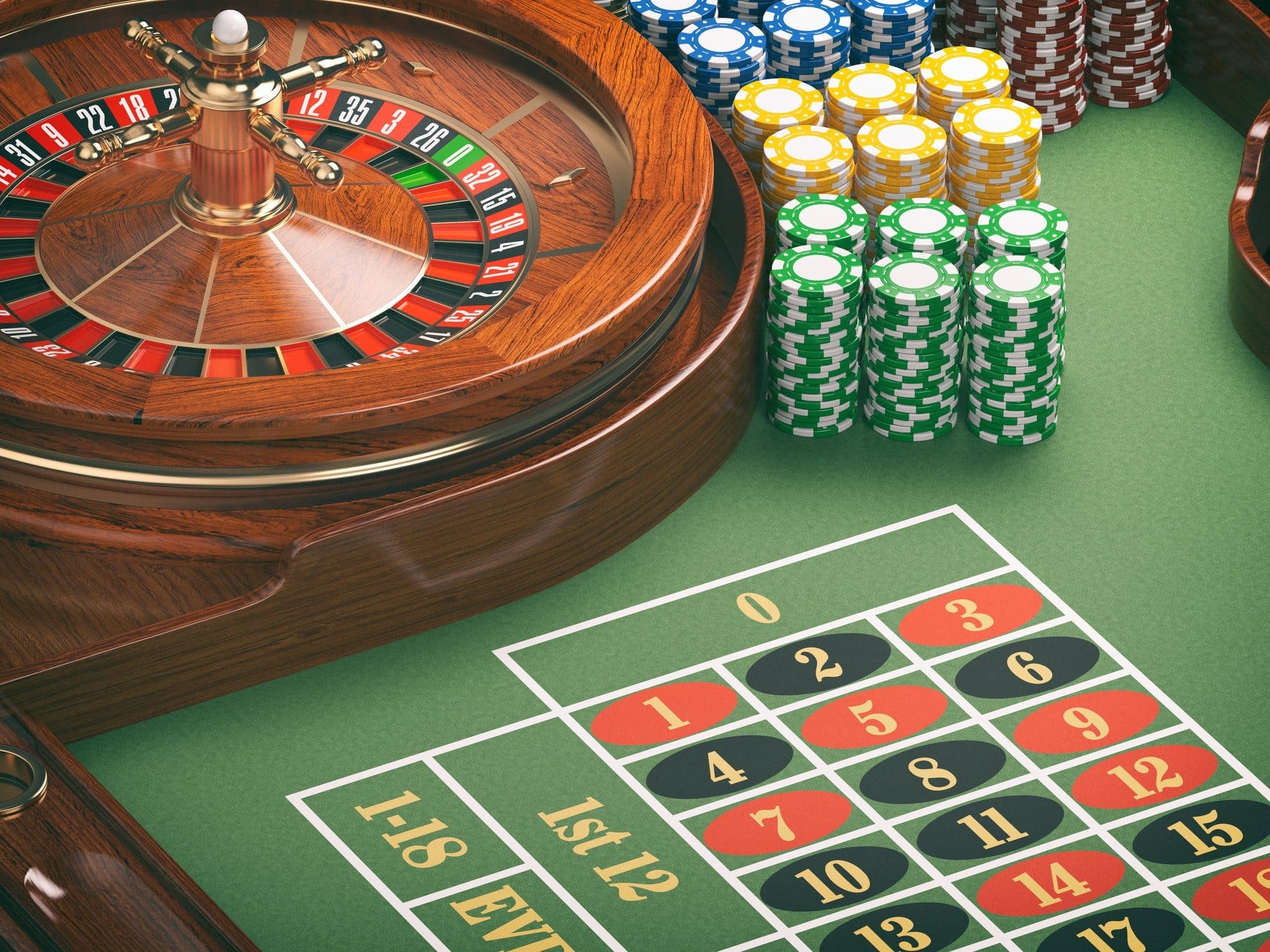
Casino games have fascinated players for decades, drawing them into a realm of thrill, chance, and fortune. From the blinking lights of slot machines to the tactical nature of poker tables, these activities offer a distinct combination of fun and risk. However, underneath the facade of this sparkle and style lies a sophisticated relationship of mathematics that influences every result and action made within the gaming hall.
Understanding this connection between casino games and numerical principles not just enhances the player’s journey but may also help gamblers make knowledgeable selections. Whether you are a casual player or a avid fan, recognizing the math concepts at play can give insightful understandings into likelihood, odds, and strategies, eventually affecting how one approaches these games of luck.
Statistical Likelihood in Betting
In the sphere of casino games, mathematical likelihood plays a vital role in determining outcomes and guiding player decisions. Every activity has a distinct set of regulations and a specific likelihood model that shapes its mechanics. For instance, in activities like roulette, players must understand the chances of landing a certain number or color. The likelihood of certain occurrences occurring can be assessed, and this knowledge can significantly influence wagering tactics.
Gambers also need to be cognizant of the house advantage, which is the statistical benefit that casinos hold over players in the long term. This advantage varies across different activities. In blackjack, skilled players can use tactics to minimize the house advantage to as low as 1 %, while in games like slots, the casino edge can be significantly greater. Comprehending the house advantage allows players to make informed decisions about which activities to participate in and how much to bet.
Additionally, probability is essential in the principle of danger versus gain in betting. Every wager carries a particular danger factor, and players must evaluate the potential return against that risk. Activities like the poker game require players to not only compute the odds of their personal showing winning but also to assess the probabilities of their rivals’ showings. By utilizing statistical concepts to their strategy, players can boost their chances of success and participate more strategically in the exciting world of casino activities.
Anticipated Value in Casino Games
When talking about casino games, one of the fundamental ideas rooted in mathematics is the expected worth. This statistical metric assists players grasp the possible outcomes of their bets over a period. non GamStop casino In basic terms, expected worth (EV) calculates the mean amount a player can expect to gain or suffer per wager if they were to play the activity many times. Each game has its unique EV, affected by the odds and the house edge, which indicates the benefit that the gambling establishment holds.
For example, think of a game like the roulette game. The expected worth can be calculated based on the specific wager placed. If a player bets on a single number, the payout is 35 to 1, but the true odds of winning that wager are 1 in 37 (in European roulette). This leads in a negative anticipated value, indicating that, on the whole, gamblers will incur a loss money over a period when playing this type of wager. Understanding this concept allows players to make better informed decisions about which games and wagers may be less advantageous.
Furthermore, the investigation of expected worth can lead to better money management. Players who understand the math behind their activities are often able to set realistic goals. By recognizing their potential deficits and gains, they can adjust their gambling strategies accordingly, which may improve their total gambling experience. As a consequence, expected value serves as a critical resource for both beginner and seasoned players to navigate the frequently volatile character of gambling activities.
Approaches and Chances: The Math Behind Success
In casino games, grasping the odds is essential for players attempting to boost their opportunities of success. Each game has its own unique set of chances that determine winning performances, and these figures are often presented in the gaming rules or reward charts. For example, in games like 21, gamblers can enhance their probabilities through tactics such as tracking cards, which depends on arithmetic concepts to gain an edge over the house. By educating themselves with the odds, participants can make more knowledgeable choices on when to wager and when to give up.
Moreover, the idea of expected outcome has a critical part in gaming tactics. Average outcome calculates the mean outcome of a bet over a period, allowing players to evaluate whether a certain stake is justifiable taking. For instance, slot machines have a set return percentage, which can show the expected payout a gambler can expect on their stakes. By selecting activities with better expected values, gamblers can lessen the casino edge, boosting their potential returns in the long run.
Finally, successful gamblers often utilize a blend of chance and mathematical strategy to improve their gaming experience. While luck is unpredictable, managing a wagering approach based on math insights can lead to more advantageous situations. By making use of techniques such as budgeting and choosing games, players can apply math to handle the random nature of gaming, making the most of their efforts and investments at the tables.
